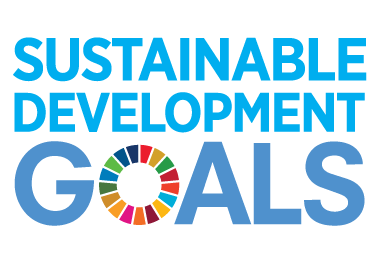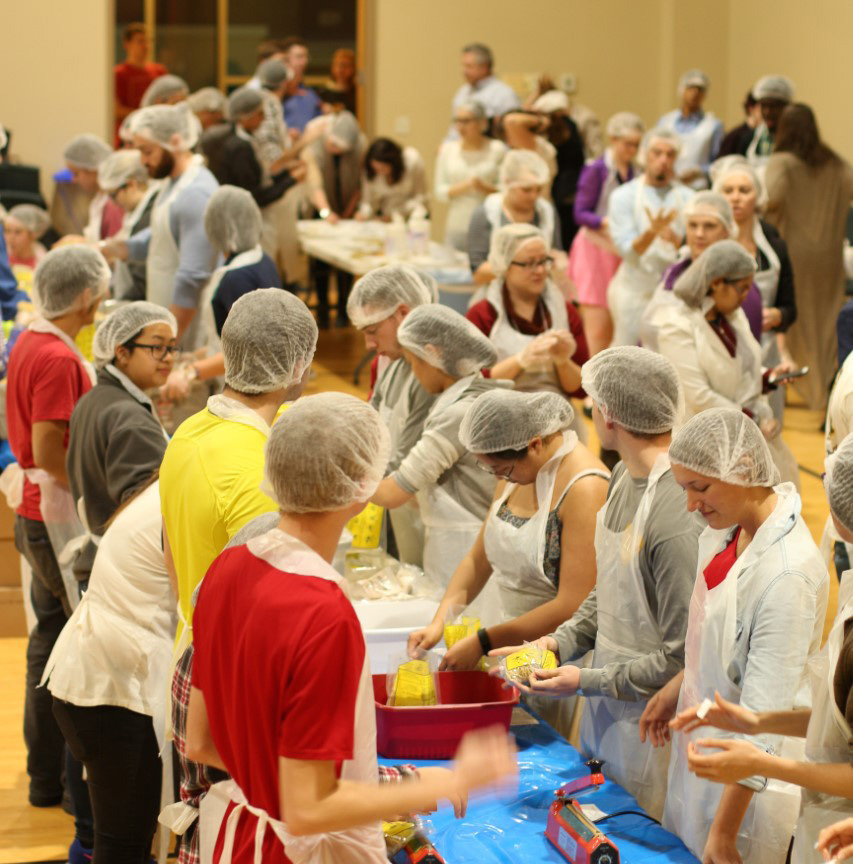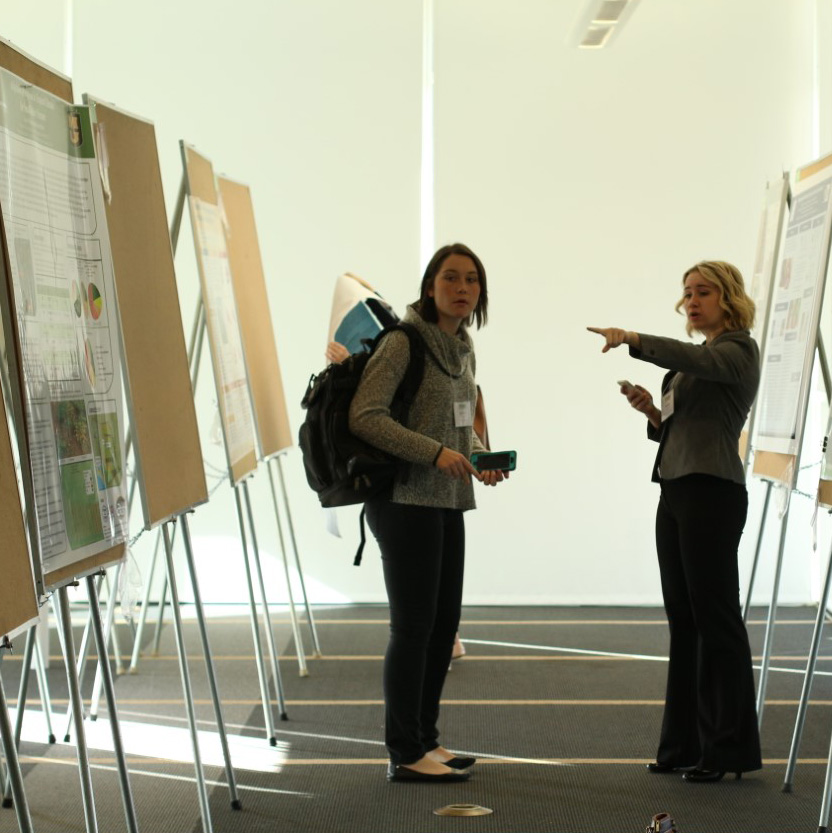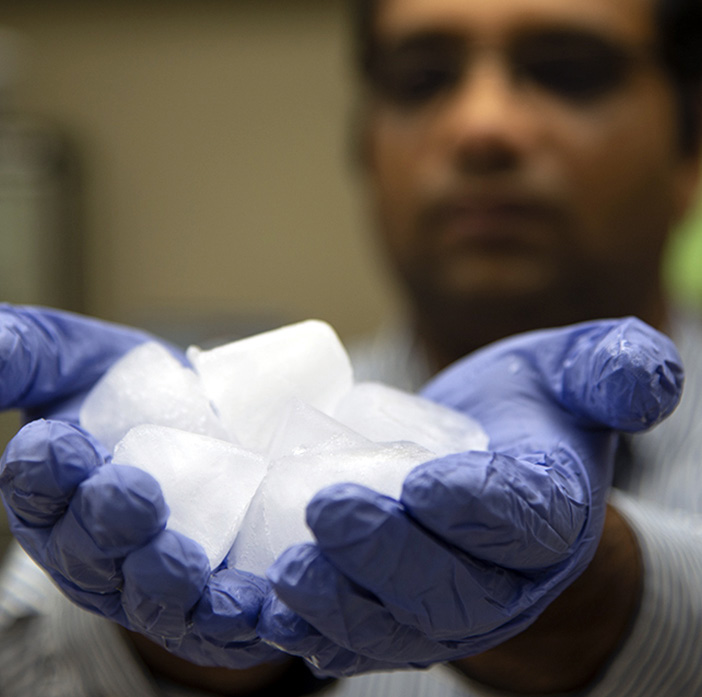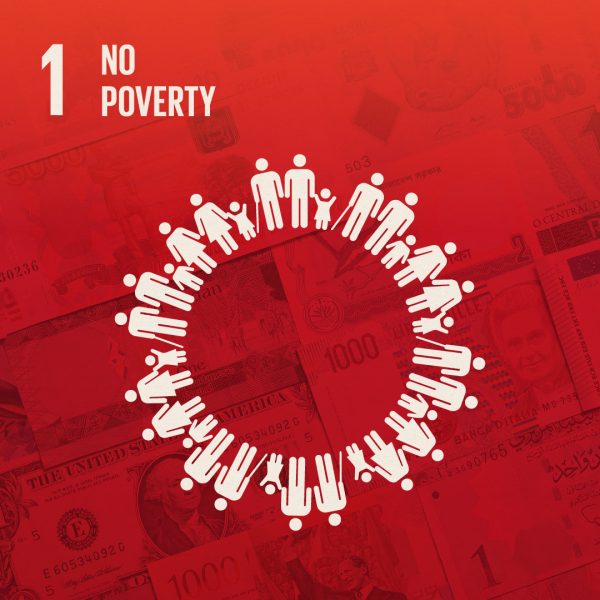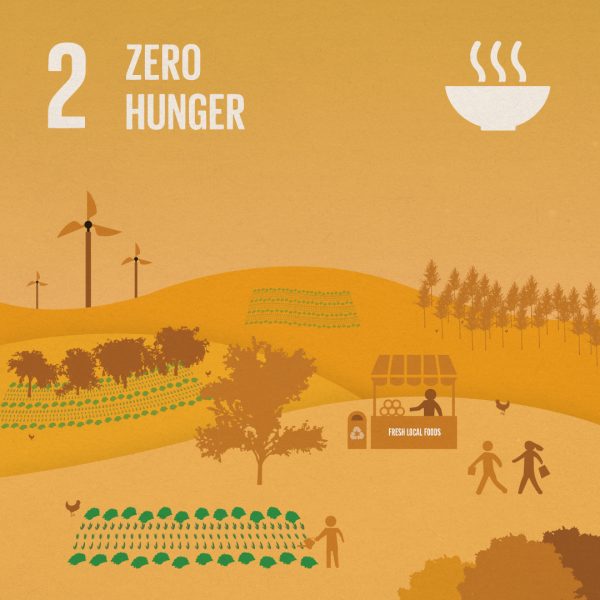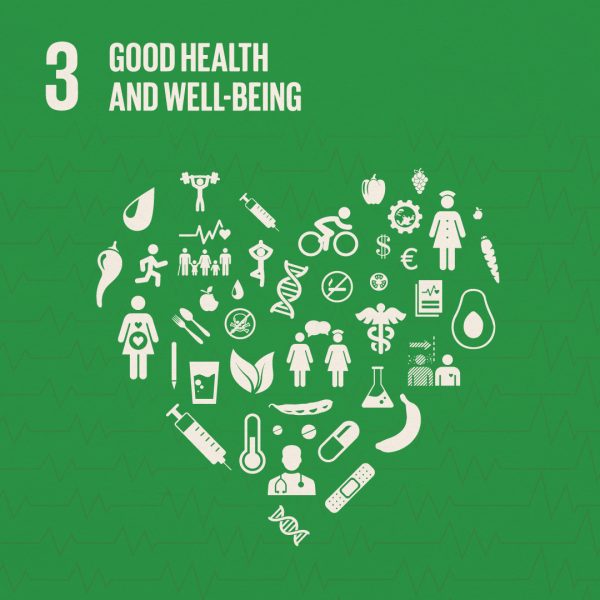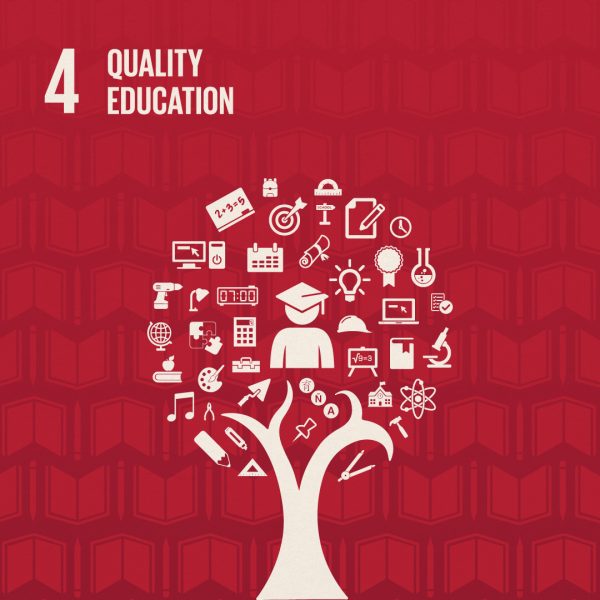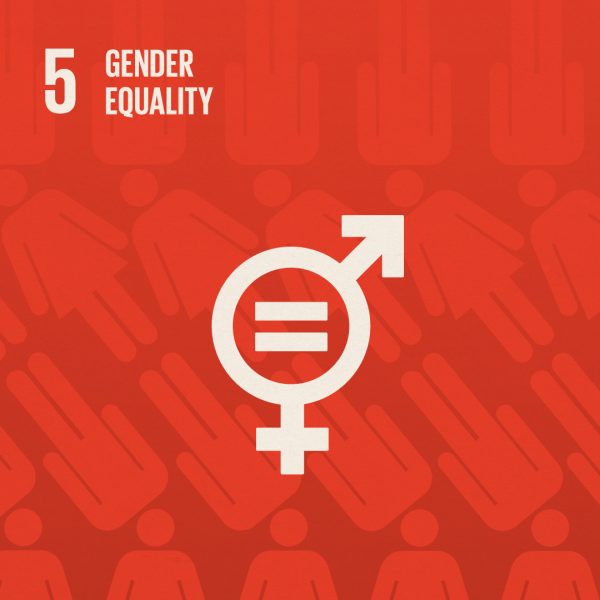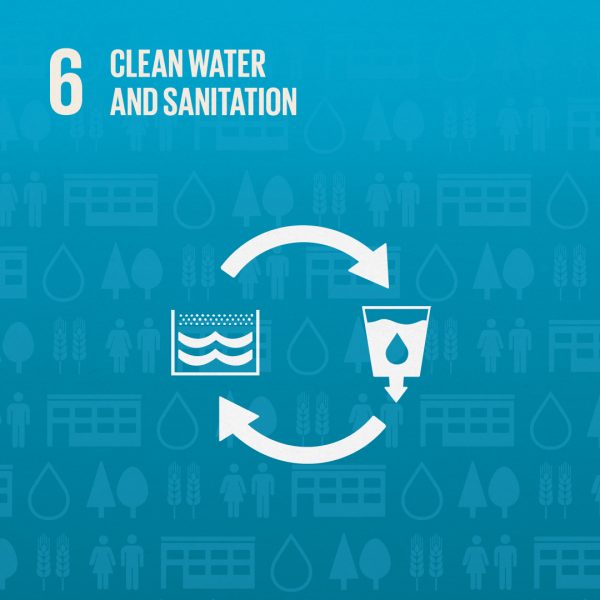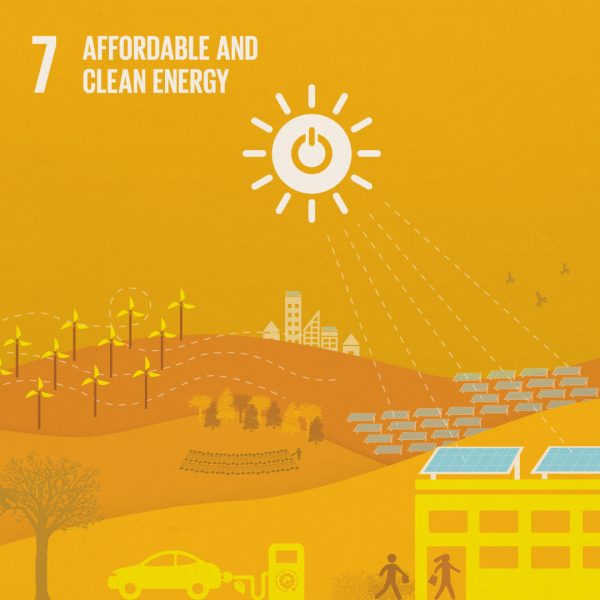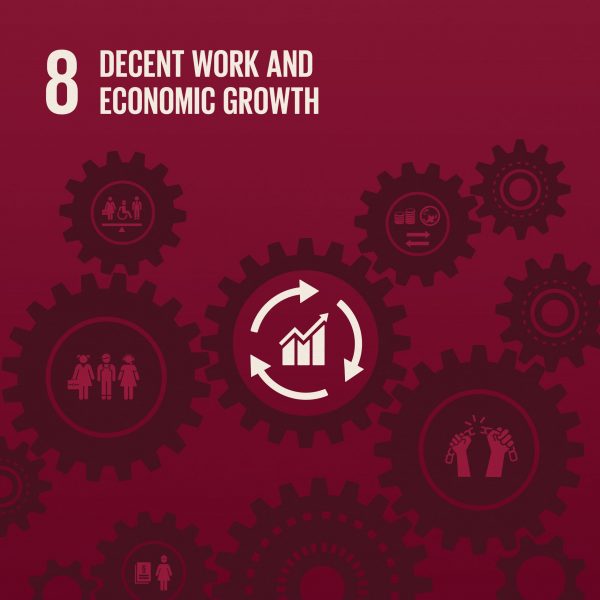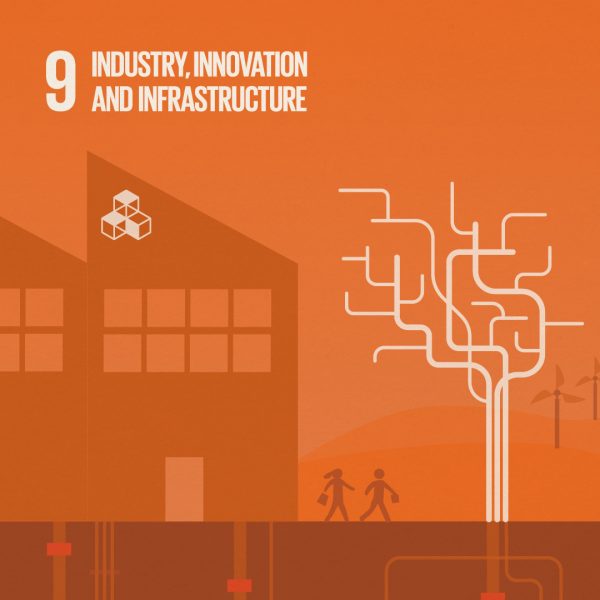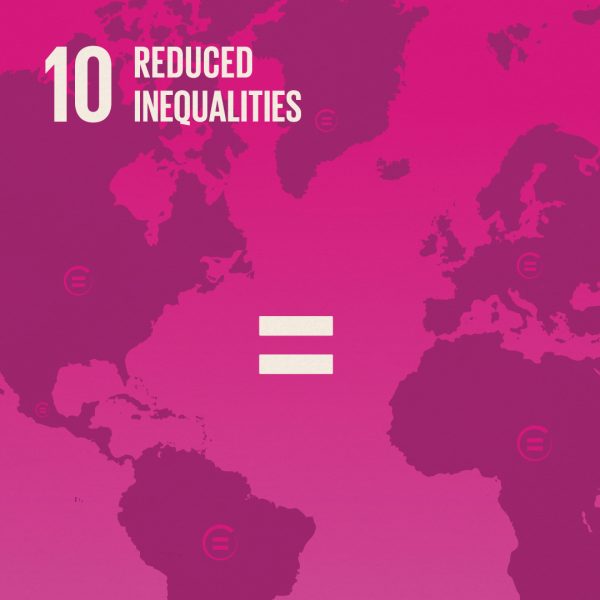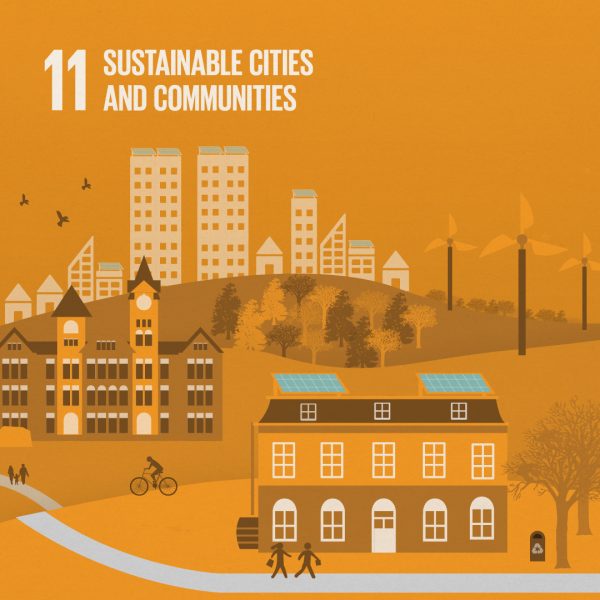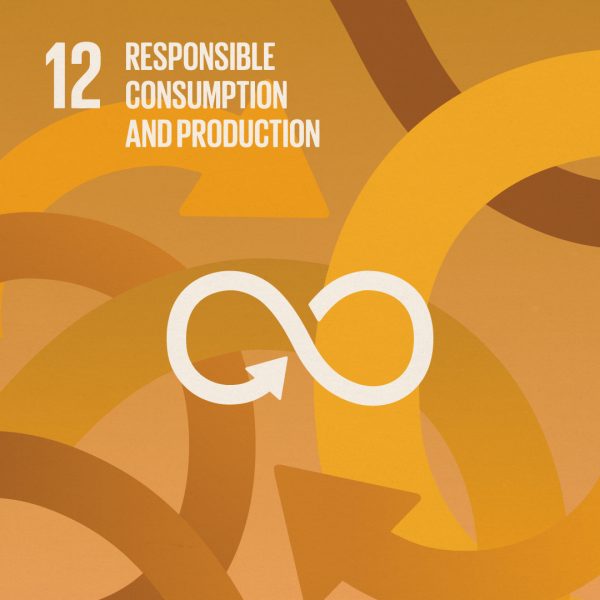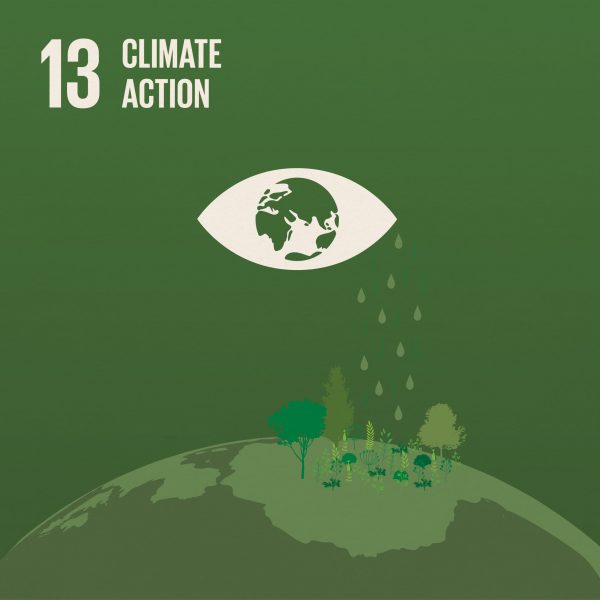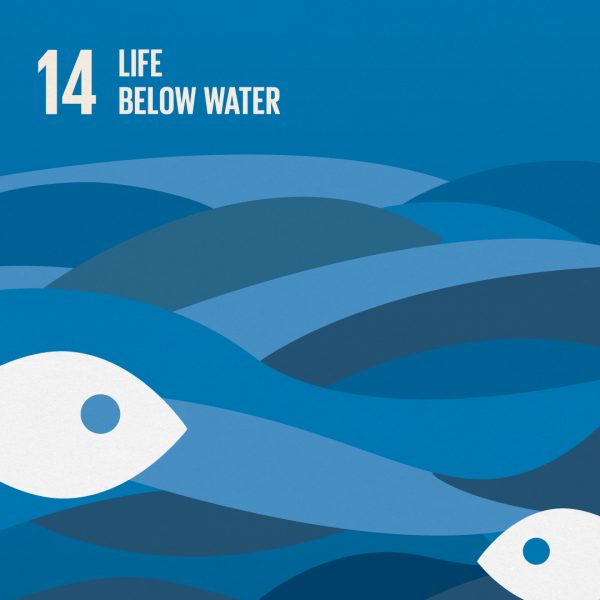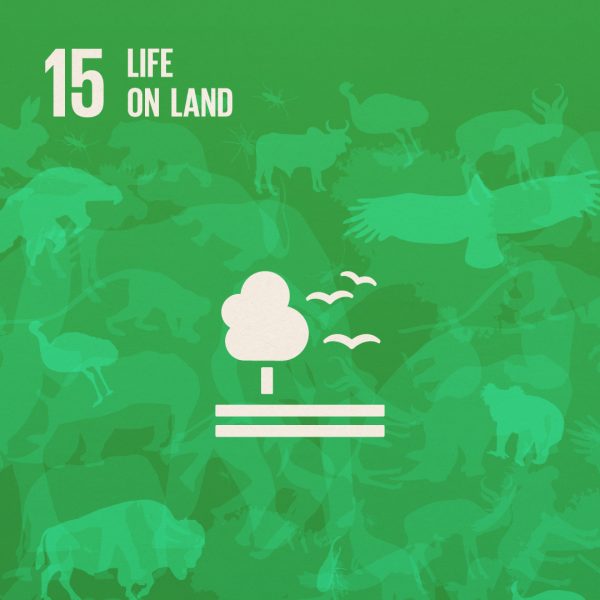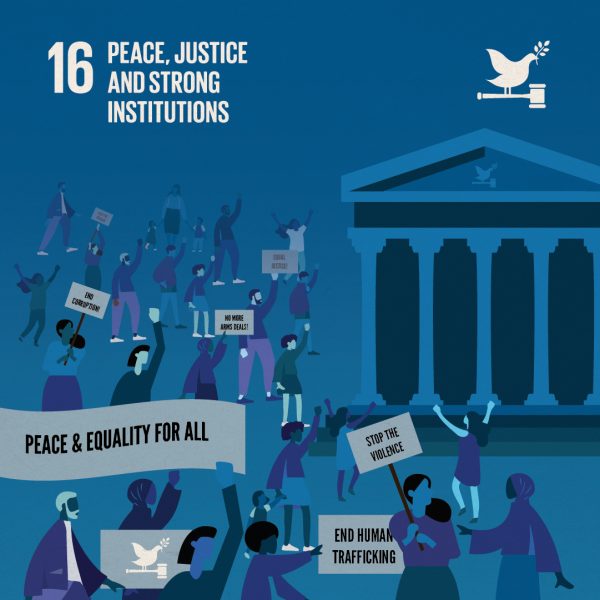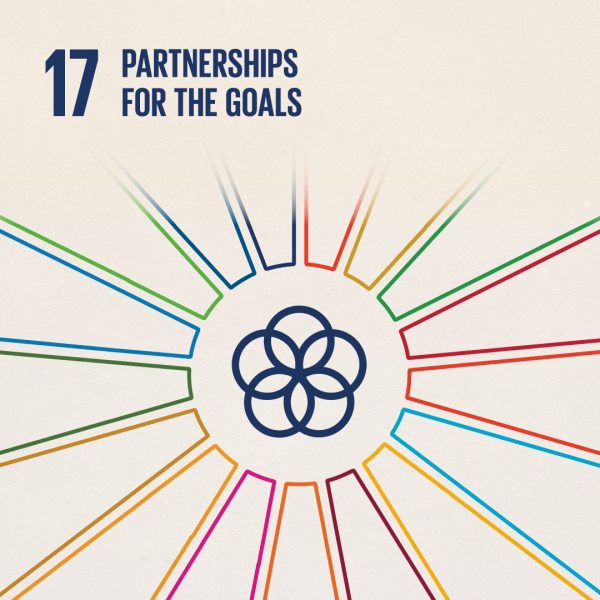By Bella Wright Food is essential to the survival of all living beings on our planet. How this food is grown, processed, and distributed significantly impacts the environment. Auburn University has extensive dining services across campus, offering a variety of choices for nutrition and dining. Where food on campus is…
By Bella Wright Charlie Gordon As the Service Program Coordinator for the Office of Involvement and Student Affairs at Auburn University, Charlie Gordon dedicates his time to serving students and the Auburn/Opelika community. Through the Beat Bama Food Drive, AU Dance Marathon, and the Student Impact program, Charlie promotes community,…
By Molly Thornton Food U is here to bring a fresh new vision to Auburn Campus Dining. In collaboration with local partners, Food U is committed to bringing locally grown, sustainable food to Auburn's Campus. What makes them stand out? They’re developing students along the way, too. Food U encompasses…
Kenzley volunteering with the Campus Kitchens Project to reduce food waste and fight food insecurity. by Kenzley Defler, Energy Justice Organizer for Fairbanks Climate Action Coalition When reflecting on my personal engagement as a student at Auburn, I honestly don’t know quite where to begin. From running on the cross…
By Marley Halter. Early this year, the Community Garden at Auburn University (CGAU) Advisory Committee developed a 2021 Water Savings Program. As part of the program, irrigation timers were phased out of use, and garden staff planned to raise awareness of the problem of water waste, and to hold classes…

